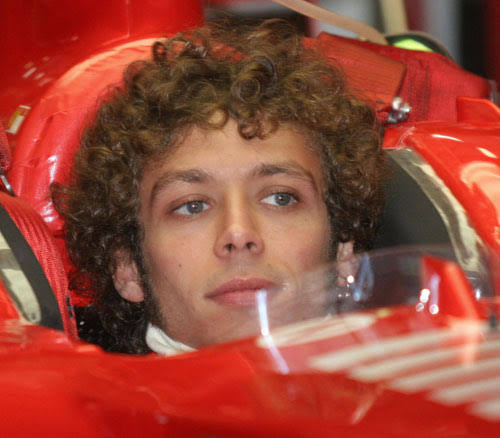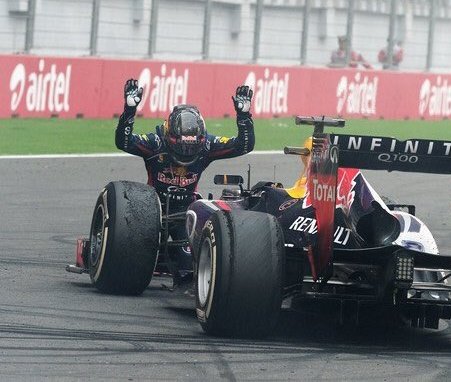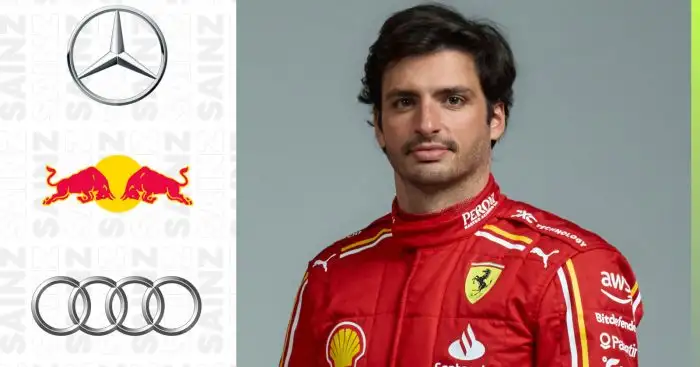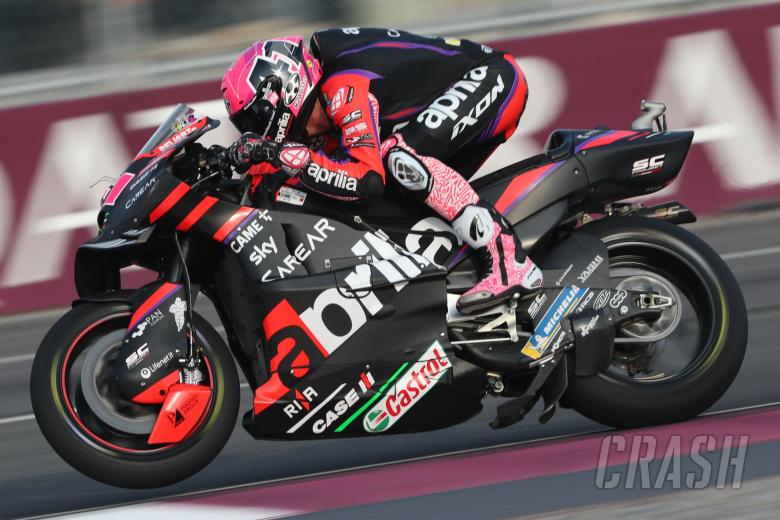The 1994 Benetton Allegations
The 1994 Formula One season has gone down in history as one of the most scandalous, with the Benetton team right at the center of a storm of allegations that overshadowed their quite brilliant success. It was the year when Benetton, led by the young Michael Schumacher, emerged as a dominant force, but their achievements were tarnished by suspicions of foul play and technical irregularities. This article looks at the different controversies that surrounded Benetton during the 1994 season and highlights incidents that have typified one of the most turbulent seasons of Formula One.
The Rise of Benetton and Early Suspicions
With Michael Schumacher on board and a car designed by the brilliant Rory Byrne, Benetton went into the 1994 season with high hopes. From the very beginning, the team’s performance raised some eyebrows among both competitors and observers. The Benetton B194 was very quick and handled fantastically well, especially in slow and medium-speed corners, which raised whispers of possible rule-bending.
The first concrete allegations arose in the season-opening Brazilian Grand Prix. A really quick pit stop, given to Schumacher, who jumped into the lead from Ayrton Senna, created the suspicion that an illegal system of the team in question had ensured this advantage for their driver during the time of the stops2. As it was going to happen frequently, this situation set the atmosphere for a controversial, accusation-filled year.
Traction Control Allegations
One of the most persistent accusations against Benetton in 1994 was the use of illegal traction control. Traction control systems had been outlawed for the 1994 season, but suspicion arose that Benetton had found a way around this restriction.
The issue came to a head at the Pacific Grand Prix, where Ayrton Senna, forced out of the race due to an early collision, watched the Benetton cars from the sidelines. Senna claimed to have heard an unusual sound emanating from the Benetton engines, especially when exiting corners. To the seasoned Brazilian driver, it sounded very much like the soft misfire associated with traction control.
This was achieved with the novel use by Benetton of airbox sensors to approximate the car’s velocity and detect which gear is engaged, allowing them to better employ a power limit strategy. Very clever, but certainly stretching what could legally be considered permissible under the rules.
The Launch Control Controversy
Inquiries into the safety of cars after the death of Senna at the San Marino Grand Prix made some astonishing revelations. The FIA found code in Benetton’s software that was referred to as “launch control”—a system through which a start of a race could be automated by actuating the clutch, gear shifts, and engine speed to a fixed pattern.
Benetton argued that the launch control was used only during testing and would need a recompilation of the code in order to turn it on. They claimed not to have done this at any race, but FIA found out that the launch control could be enabled inside the ECU as an option and had been hidden without needing recompilation.
This led to a $100,000 fine for Benetton, but the team escaped more serious punishment since the FIA was unable to prove that the system had actually been used in races. The affair finally spilled over at the French Grand Prix with Schumacher’s phenomenal start from third on the grid to first into the first corner, reigniting accusations of launch control.
The Refueling Rig Incident
Probably the single most dramatic, visually arresting incident of the 1994 season occurred during the German Grand Prix at Hockenheim when, during a routine pit stop for Jos Verstappen—Benetton’s second driver—a huge fireball erupted as fuel sprayed from the refueling rig onto the hot car.
The incident, caught live on television, saw five mechanics and Verstappen himself burned, fortunately none of them seriously. The dramatic nature of the fire saw an immediate investigation launched by the FIA.
The investigation discovered the fuel spillage happened as a result of a valve on the refueling rig that hadn’t shut down because it had some form of “foreign body. Crucially, though, it also emerged Benetton had taken a filter off the refueling rig—a device that was supposed to prevent just this form of accident.
Benetton’s defense was that the filter was removed following the approval of the FIA’s scrutiny team prior to the German Grand Prix. In any case, however, the absence of the filter raised the flow rate of fuel by 12.5% as estimated, thereby providing Benetton with an advantage in pit stops of a second.
This violation came with a $500,000 fine, but the team says the removal of the filter wasn’t an intentional move to gain an advantage. It only seemed to add fodder to the fire built against allegations against Benetton and continued to smear their name even more as questions were posed whether the team valued safety and sportsmanship.
The Silverstone Incident and FIA Investigations
The British Grand Prix at Silverstone brought more controversy for Benetton and Schumacher. Prior to the start, during the formation lap, Schumacher illegally passed pole-position starter Damon Hill. He was given a five-second stop-and-go penalty, but his team failed to serve it within the requisite three laps.
Next came the black flag from the stewards to tell Schumacher to go into the pits and park, but he was kept on track by Benetton, who was having a fight on the phone with Race Director Roland Bruynseraede. These flagrant neglects of instructions resulted in further action and fines being brought.
In the weeks after Silverstone, the FIA mounted a full-scale digital inquiry into Benetton’s systems. The team was further fined $100,000 for its delay in revealing the ‘source codes’ for their electronic systems, which the FIA had been requesting since the San Marino Grand Prix.
The Impact on the Championship
Despite all the controversies and allegations, Michael Schumacher and Benetton won the 1994 World Championship. Schumacher won his maiden Drivers’ Championship while Benetton won the Constructors’ title.
However, the events of the season eclipsed such feats of success. Accusations of cheating, coupled with controversial on-track incidents—for instance, Schumacher’s collision with Damon Hill at the season-closing Australian Grand Prix—sullied the team’s and Schumacher’s reputation.
The controversies of 1994 have wider implications for Formula One, where technical regulations are further scrutinized to this day and a spirit, rather than just the letter of the rules, is being applied. Other lessons learned are about clearer, more stringent safety measures, not least in areas such as refueling.
Legacy and Reflections
The 1994 Benetton allegations are among the most shared and talked-about topics in the Formula One circle. While never proven to cheat, the on-court incidents added to the unending technical irregularities that left a lasting impression in the sport.
The 1994 season proved to be a double-edged sword for Benetton and Schumacher: it marked their rise to the top of Formula One but at great cost to their reputation. These controversies would stay with Schumacher throughout his career, even as he went on to become one of the most successful drivers in the sport’s history.
The events of 1994 still stand as a salutary reminder of how thin the line between innovation and rule-breaking is in motorsport. They exemplify the eternal push-pull between the teams trying to gain an edge and the governing bodies trying to ensure fair competition and safety.
With the benefit of hindsight, the 1994 season could be seen as a watershed for Formula One, as far as attitudes to technology and the need for regulation are concerned. The controversies stirred up by Benetton would give way to more rigorous technical inspection, clearer rules, and a far greater emphasis on transparency within the sport.
Conclusion
The 1994 Benetton allegations are the most complicated chapter of Formula One history, embracing everything from technology to safety, from sportsmanship to the very nature of competition at the highest echelons of motorsport. Even today, it remains a debate that has as many questions open as those answered. But one thing is for sure: these controversies finally made their presence felt in the sport.
This is a season reminding the governing body of the headaches it has suffered regulating a sport driven at the leading edge of technology, plus the relentless pursuit of speed. It also showed the integrity of fair play necessary to keep alive the spirit of competition.
The controversies associated with Benetton in 1994 are instructive as Formula One moves on. They remind us of how fine a line exists between moving the performance bar and the maintenance of ethical standards that are so integral to the sport’s credibility and appeal.
The legacy of the 1994 season goes far beyond the championships won and lost; it is a pivotal moment that shaped the future of Formula One, dictating regulations, technology, and even the very culture of the sport for years to come.






















